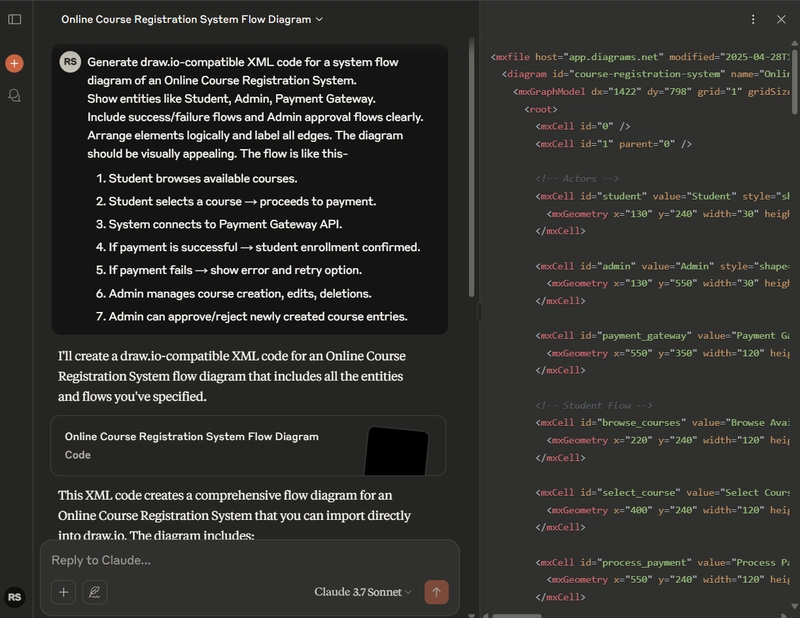Manual Memory Management in Zig: Allocators Demystified
Zig gives you full control over memory — no garbage collector, no hidden allocations. Instead, it provides a flexible and explicit system of allocators, letting you manage memory manually while keeping code safe and clear. In this tutorial, you'll learn the core ideas behind Zig's allocator system, how to use built-in allocators, and how to write functions that gracefully handle memory ownership. Step 1: Why Zig Uses Allocators Unlike languages that implicitly manage memory (like Go or Rust), Zig puts you in charge. Instead of relying on malloc or global state, allocators in Zig are passed explicitly, making dependencies clear and deterministic. This helps with:

Zig gives you full control over memory — no garbage collector, no hidden allocations. Instead, it provides a flexible and explicit system of allocators, letting you manage memory manually while keeping code safe and clear.
In this tutorial, you'll learn the core ideas behind Zig's allocator system, how to use built-in allocators, and how to write functions that gracefully handle memory ownership.
Step 1: Why Zig Uses Allocators
Unlike languages that implicitly manage memory (like Go or Rust), Zig puts you in charge. Instead of relying on malloc or global state, allocators in Zig are passed explicitly, making dependencies clear and deterministic.
This helps with:











































































































































































![[The AI Show Episode 146]: Rise of “AI-First” Companies, AI Job Disruption, GPT-4o Update Gets Rolled Back, How Big Consulting Firms Use AI, and Meta AI App](https://www.marketingaiinstitute.com/hubfs/ep%20146%20cover.png)



























































































































![[FREE EBOOKS] Offensive Security Using Python, Learn Computer Forensics — 2nd edition & Four More Best Selling Titles](https://www.javacodegeeks.com/wp-content/uploads/2012/12/jcg-logo.jpg)



![Ditching a Microsoft Job to Enter Startup Purgatory with Lonewolf Engineer Sam Crombie [Podcast #171]](https://cdn.hashnode.com/res/hashnode/image/upload/v1746753508177/0cd57f66-fdb0-4972-b285-1443a7db39fc.png?#)





























































































































































































































-xl.jpg)













![As Galaxy Watch prepares a major change, which smartwatch design to you prefer? [Poll]](https://i0.wp.com/9to5google.com/wp-content/uploads/sites/4/2024/07/Galaxy-Watch-Ultra-and-Apple-Watch-Ultra-1.jpg?resize=1200%2C628&quality=82&strip=all&ssl=1)












![Beats Studio Buds + On Sale for $99.95 [Lowest Price Ever]](https://www.iclarified.com/images/news/96983/96983/96983-640.jpg)

![New iPad 11 (A16) On Sale for Just $277.78! [Lowest Price Ever]](https://www.iclarified.com/images/news/97273/97273/97273-640.jpg)








































![Apple's 11th Gen iPad Drops to New Low Price of $277.78 on Amazon [Updated]](https://images.macrumors.com/t/yQCVe42SNCzUyF04yj1XYLHG5FM=/2500x/article-new/2025/03/11th-gen-ipad-orange.jpeg)



![[Exclusive] Infinix GT DynaVue: a Prototype that could change everything!](https://www.gizchina.com/wp-content/uploads/images/2025/05/Screen-Shot-2025-05-10-at-16.07.40-PM-copy.png)






![T-Mobile discontinues a free number feature but a paid alternative exists [UPDATED]](https://m-cdn.phonearena.com/images/article/170235-two/T-Mobile-discontinues-a-free-number-feature-but-a-paid-alternative-exists-UPDATED.jpg?#)

















































